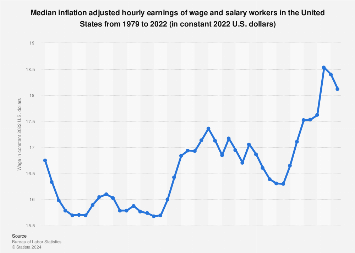I’m reading an article that mentions “Wealth Redistribition” as an outcome of progressive policies and it got me wondering; Is it a redistribution of wealth from its “rightful” owners, or is it really a return of the wealth TO the “rightful” owners?
There is no such thing as a "right" to ownership, except insofar as a person can convince others that they have such a right. The collusion of a government helps.
Redistribution often follows the lines of other "rights" that take precedence over personal ownership, even in the most aggressively capitalistic of societies. Food, lodging, and clothing are redistributed to children by their parents for instance, and their continued guardianship of said children is partially dependent on their ability to prove that this redistribution is happening, even if they are by no means compensated for it. Spouses have rights to some kinds of redistribution from their spouses, especially in case of divorce. The government has a right to tax you, and if you break the law, the government has the right to fine you, take your property in forfeit, and redistribute it as they see fit.
Do workers have a right to redistribution of the wealth they have generated, perhaps if the disparity becomes too obvious? I don't know your situation, but in my country, answering yes to this question in any capacity makes you a "Marxist" (and perceived enemy of the state to most). State welfare is acceptable, at least to Democrats and other "liberals", if it is framed as a sort of noblesse oblige from the state, a kindly gift offered out of empathy and pity. To frame it as a
right is to make a claim that very few Americans are willing or inclined to acknowledge, out of terror that it will hurt their self-interest if applied consistently rather than haphazardly.



